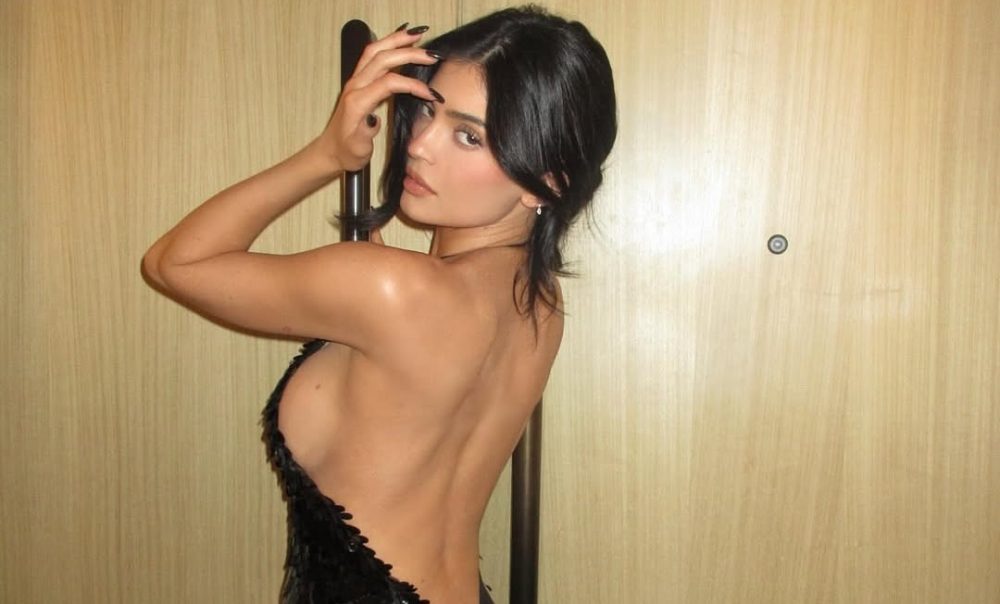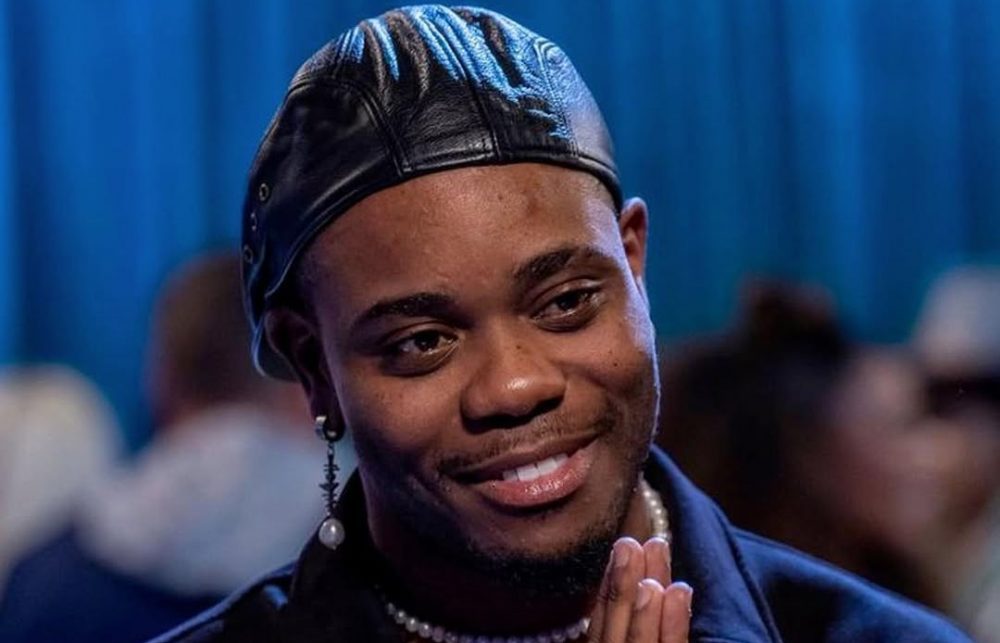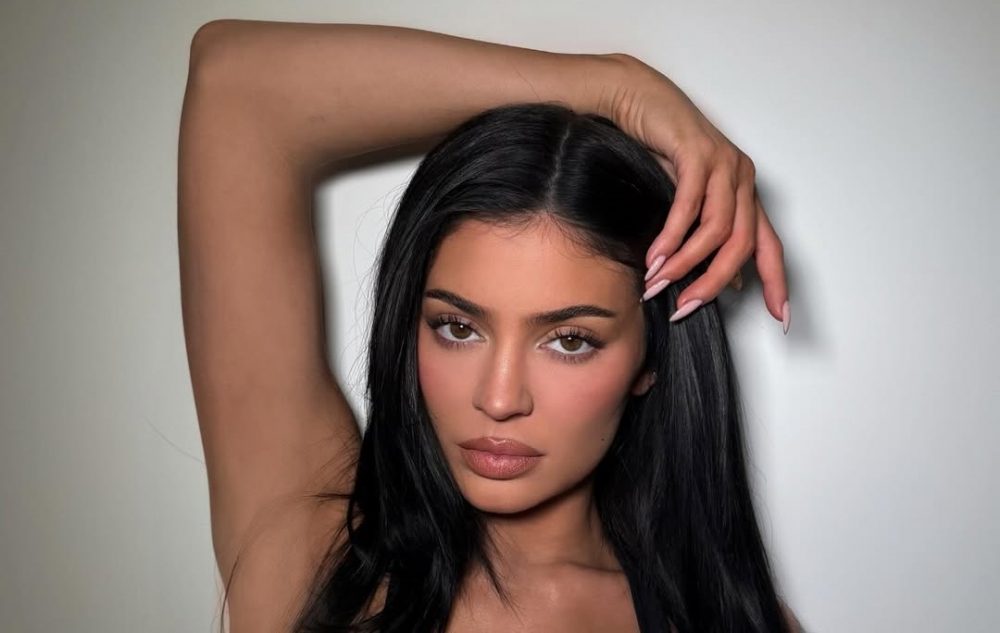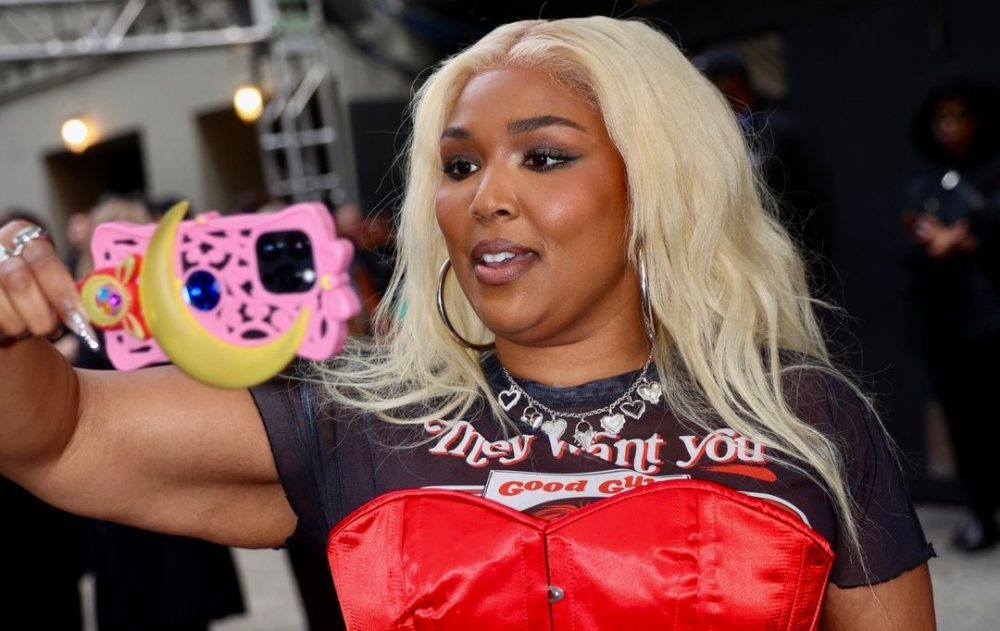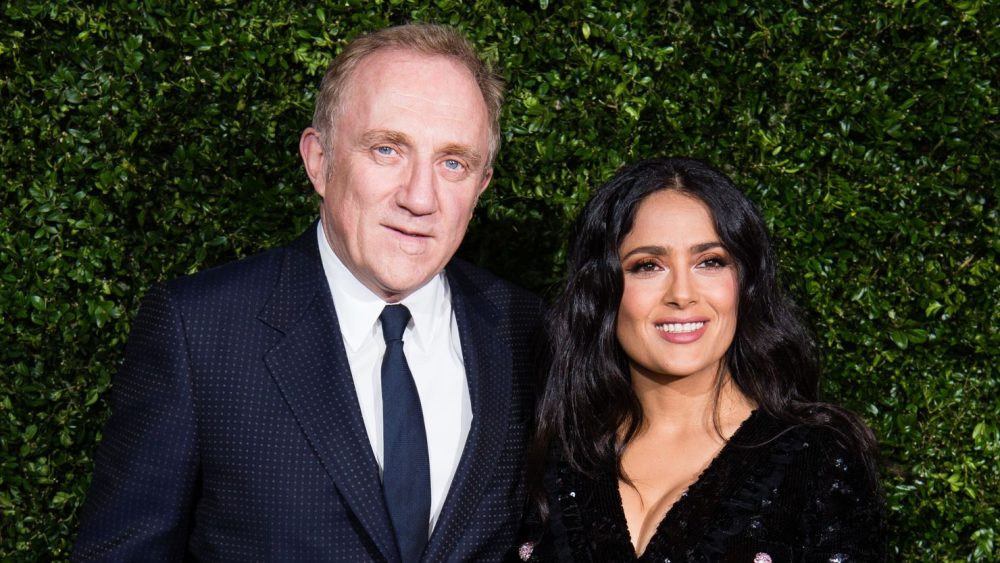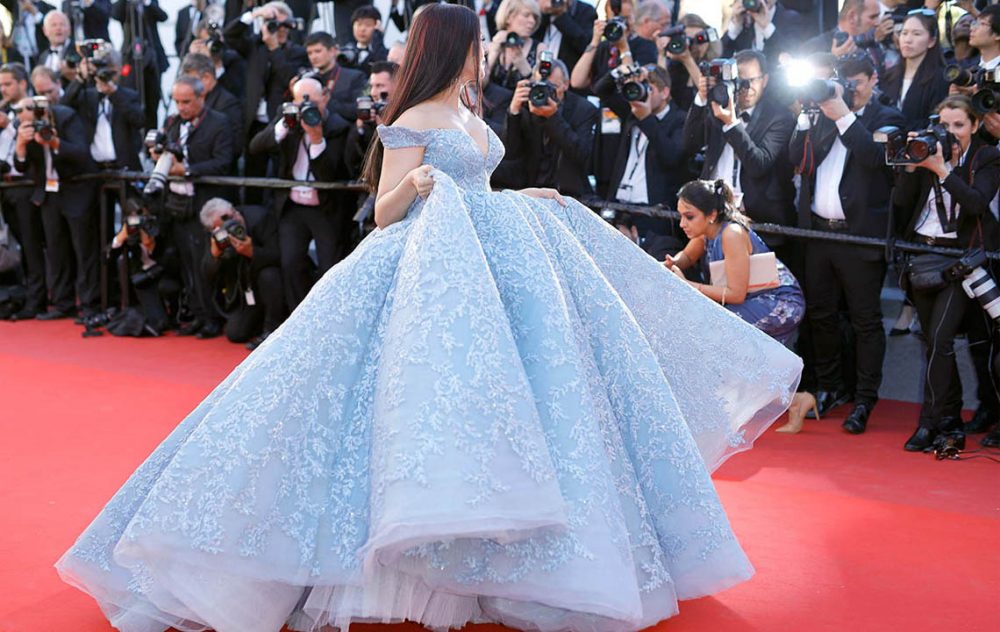The soda business is undergoing an intriguing transformation as celebrities like Michelle Obama and Bella Hadid step into the spotlight. This shift highlights a growing trend where well-known figures leverage their influence to launch beverage brands, capturing the attention of health-conscious consumers and fans alike.
With major players like Coca-Cola and Pepsi still leading the market, the emergence of smaller, innovative brands reflects changing consumer preferences and a desire for healthier options.
A Shift Toward Healthier Choices
Experts agree that the recent surge in the soda business can largely be attributed to the wellness movement. Traditional sodas have faced criticism for their high sugar content and associated health risks. As consumers become more health-conscious, the demand for alternatives has grown significantly. Emily Contois, a food and media researcher, notes that the perception of sodas is shifting from indulgent treats to healthier choices. This change has opened the door for brands that position their beverages as guilt-free options.
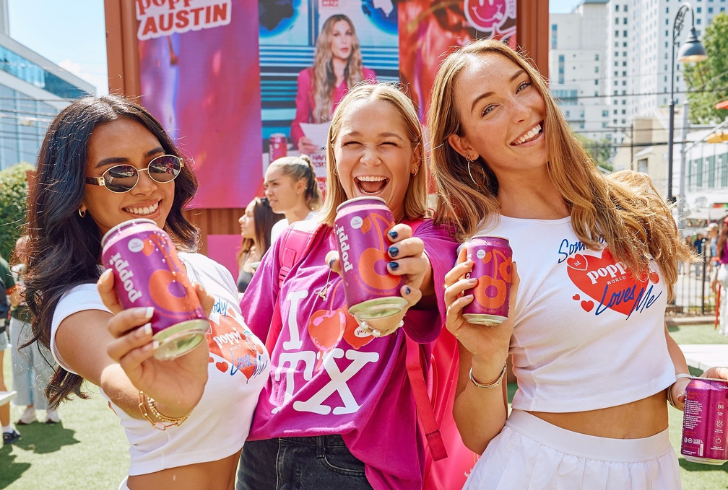
Instagram | drinkpoppi | Poppi has seen explosive growth, surging from under $1 million to nearly $260 million since 2020.
Brands like Poppi and Olipop exemplify this trend. Since 2020, both companies have seen remarkable growth in sales, with Olipop’s annual revenue skyrocketing from around $3.7 million to an impressive $325 million by 2024. Similarly, Poppi has transitioned from under $1 million in sales to nearly $260 million in the same period. This rapid expansion illustrates the potential of the soda business as it adapts to new consumer demands.
Celebrity Influence in the Beverage Market
The connection between celebrity status and consumer behavior is powerful. Filippo Falorni, an equity research director, draws parallels between the celebrity-owned beverage market and the beauty industry, which flourished with the rise of social media influencers. Celebrities already possess a vast audience, making their foray into the soda business seem like a natural progression.
For instance, Blake Lively promotes her brand, Betty Buzz, to her 45.6 million Instagram followers, while Katy Perry’s De Soi line, infused with adaptogens, targets a similar audience. Such brands are positioned to thrive due to their founders' extensive reach and engagement on social media platforms.
New Faces in the Soda Business
Former First Lady Michelle Obama’s entry into the soda business with PLEZi Nutrition illustrates how celebrity involvement can shape consumer perceptions. Launched in March 2023, PLEZi Fizz offers a soda alternative aimed at children, containing 70% less sugar than traditional soft drinks. This product addresses growing parental concerns regarding sugary beverages, reflecting a broader trend in the market.
The allure of celebrity-endorsed beverages lies not only in their health benefits but also in the lifestyle they promote. Consumers are drawn to the idea of sharing a favorite drink with a public figure, creating a sense of connection. According to Contois, brands like Kin Euphorics offer an aspirational experience, allowing consumers to feel a part of a lifestyle associated with their favorite stars.
The Future of the Soda Business
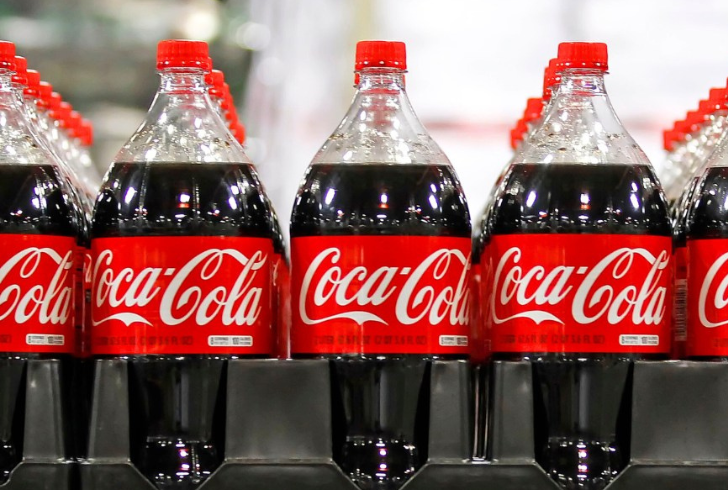
Instagram | indianstartupnews | Brands like Coca-Cola and PepsiCo remain market leaders despite the rise of health-oriented drinks.
Despite the rise of health-oriented beverages, established brands like Coca-Cola and PepsiCo remain significant players in the market. Falorni emphasizes that while these giants might not feel immediate pressure from new soda brands, their distribution networks will ultimately be crucial for the success of smaller companies. As celebrity-led brands grow in popularity, they may seek partnerships with larger corporations for broader reach.
The financial potential in the soda business parallels previous trends in the alcoholic beverage industry, where celebrity-created brands have fetched hefty prices. Notable examples include George Clooney’s Casamigos tequila, which sold for about $1 billion, and Ryan Reynolds' gin brand acquisition for $610 million. This trend suggests that successful non-alcoholic beverage brands may follow a similar path, creating opportunities for lucrative sales.
A Taste of Celebrity Life
For many, purchasing a celebrity-endorsed soda represents an affordable way to connect with a lifestyle that seems aspirational. With products like Betty Buzz priced under $10 for a four-pack, consumers can indulge in a taste of celebrity without breaking the bank. This accessibility helps reinforce the idea that health-focused options can also be fun and trendy.
The evolution of the soda business, driven by celebrity influence and a focus on healthier options, highlights a dynamic market landscape. As consumers increasingly seek beverages that align with their wellness goals, the interplay between star power and innovative products is likely to shape the future of this industry. The rise of these brands not only signals a shift in consumer preferences but also represents an exciting chapter in the ongoing story of how celebrity influence can transform markets.

